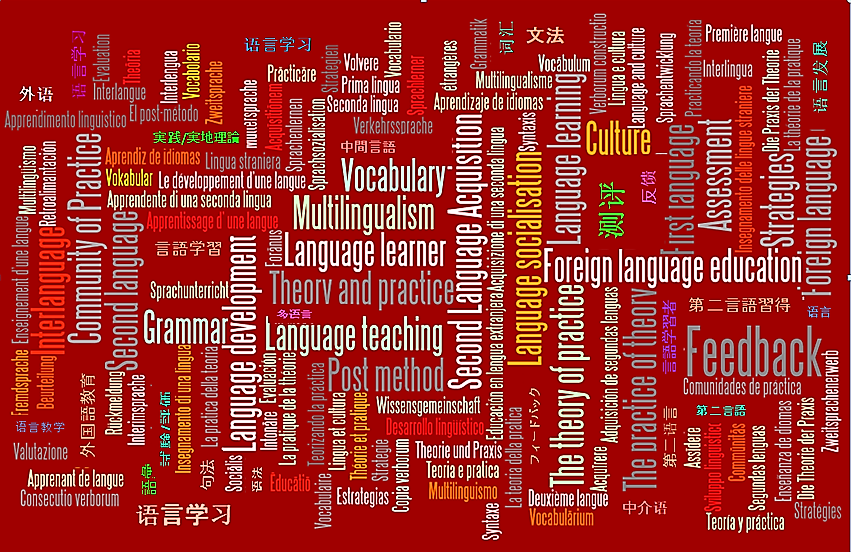The first meeting of the academic year 2018-19 was devoted to introducing the new theme we chose to focus on, ‘The Scholarship of Language Learning and Teaching and its influence on students’ learning’, and to starting a preliminary exchange of ideas on what ‘scholarship’ means for us.
The notion of Scholarship of Teaching and Learning (SoTL) has evolved in the last decades, but it still lacks clarity and there is no strong agreement on its definition. There is also the need to reflect on different levels of scholarship within discipline-specific contexts. Although at first glance this topic might seem too ‘theoretical’ to be the focus for a LT CoP, we decided that in fact it was relevant because whether or not our practice is reflective and informed by theory and ‘research’, has a direct impact on students’ learning.
With this in mind, we started with group discussion at tables on what we mean by ‘scholarship’ in general and in relation to our local contexts, before considering a study by the HEA on the SoTL:
Defining and supporting the Scholarship of Teaching and Learning (SoTL): A sector-wide study (HEA, 2016)
After some reflection, we decided to make the first recommendation of the study the focus of our activities this year:
‘SoTL needs to be discussed and made explicit as a concept to generate some institutional consensus on its usefulness to enhance practices’ (Executive summary, p. 8).
We also realised that some of the findings of the HEA study were particularly relevant for our professional practice and so we used them to generate initial discussion. These are listed below:
- Most institutions, regardless of their mission group, associate SoTL with publications and ‘REF-able’ profiles (ibid.: p.5)
- There is a tendency to employ assessment criteria that are associated with research (especially research that is disseminated in peer-reviewed journals) (ibid.: p. 5)
- The concept of student involvement and partnership in SoTL is especially challenging for students, depending on social and cultural background and capital (ibid.: p.6)
- The definition of SoTL is also problematic for students, particularly as ‘scholarship’ is often associated with bursaries (ibid.: p.6)
We also considered the section on the review of recent SoTL literature to see what the major areas of interest are and how these have shifted. In the course of time the focus has been on:
- Individual practice
- Enhancing student learning
- Importance of peer-review and building communities of practice in SoTL inquiry
- How SoTL works within different disciplines
- Promotion of research-informed teaching
- Promotion of undergraduate research, and student engagement (SE) in disciplinary or SoTL research
- SoTL as an institutional tool for strategically developing excellence, and linking to career planning, promotion and recognition (ibid.: p. 4)
This work will be taken forward at the Spring Meeting.
